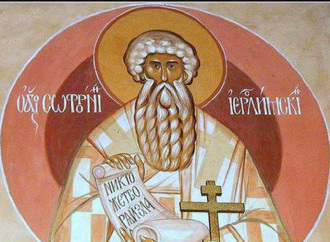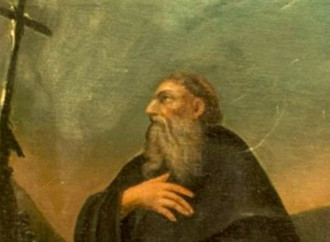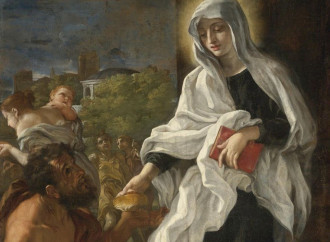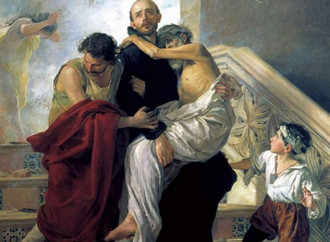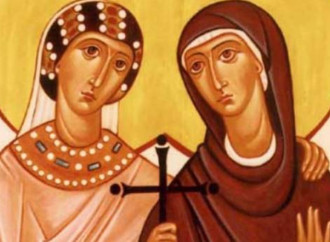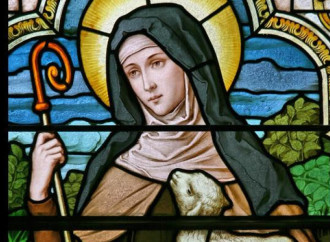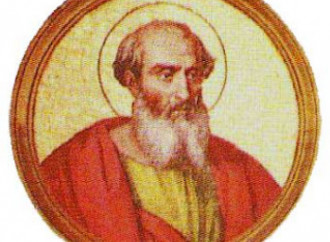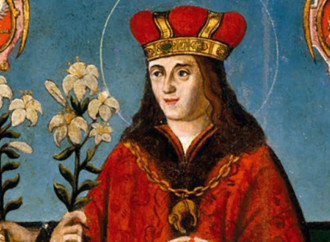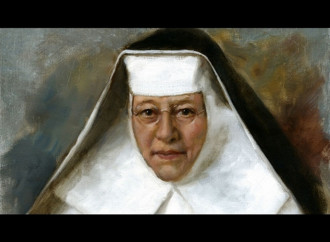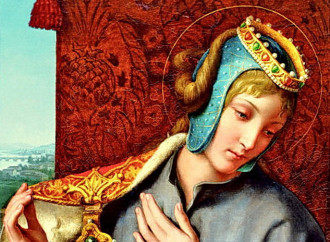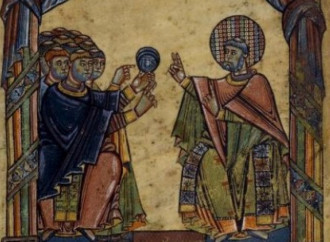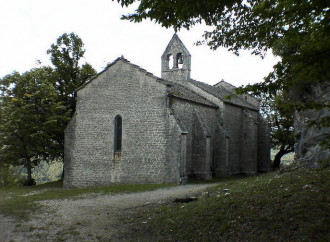Saint Sophronius of Jerusalem
The humble theologian and patriarch Saint Sophronius of Jerusalem (c. 560-638), who had the great merit of denouncing the Monothelite heresy and stood by his flock during the Islamic invasion of the Holy City, was born in Damascus, where early on he showed his talent in his studies.
Saint Macarius of Jerusalem
Macarius became bishop of Jerusalem in 312, when the Holy City was called Aelia Capitolina. The saint found himself leading the Jerusalemite diocese when the Church, after three centuries of persecution, had finally obtained freedom of worship, but still had to face the various heresies on the Holy Trinity.
Saint Frances of Rome
The saint remembered as a devout mother and bride, adorned with extraordinary graces, invoked for the liberation of souls in Purgatory, beloved by the people for her moving charity, did not want marriage, but marriage became her way to holiness.
Saint John of God
Those people discarded and judged unworthy of living by today's secularist culture, with its euthanasic mentality, were those dearest to Saint John of God (1495-1550). A true innovator of hospital care and founder of the Fatebenefratelli (Hospital Order of St. John of God) one day saw the face of Jesus in a sick man, whose feet he was washing.
Saints Perpetua and Felicitas
Extraordinary pages on the Faith of the early Christians describe the Passion of Perpetua and Felicitas, among the most illustrious African saints.
Saint Colette of Corbie
In addition to being remembered for her mystical gifts, Saint Colette (1381-1447) is famous for founding the Order of the Poor Clares, known as "Colettines", inspired by her desire to return to the original austerity of the Rule of Saint Clare.
Saint Pope Lucius I
Saint Lucius was elected to the papal throne in June 253 after the death in exile of Pope Cornelius, forced to leave Rome by the Emperor Trebonianus Gallus. It was a very difficult phase for the Church still a long way from obtaining freedom of worship, which would only come with the edicts of 311 and 313....
Saint Casimir
Saint Prince Casimir, patron saint of Lithuania and Poland, lived for barely over 25 years, but they were enough for him to earn the love of his people, who called him “defender of the poor” and noted his Christian virtues on a daily basis.
Saint Katharine Drexel
Several decades before the world's spotlights were focused on African Americans, Saint Katharine Drexel (1858-1955) was a missionary among them and the American Indians, fostering their education and bringing them the proclamation of Christ.
Saint Agnes of Bohemia
Saint Agnes of Bohemia (1211-1282), inflamed as she was by love of God, had no doubt when choosing between the emperor, who had asked her to be his bride, and the King of the universe.
Saint Albinus of Angers
Very popular during the Middle Ages, Saint Albinus of Angers (c. 468-550) was born into a noble family near Vannes in Brittany. Attracted to the life of the monks, he entered the monastery of a small Breton village and became its abbot in 504.
Saint Romanus of Condat
Saint Romanus of Condat (c. 390-463) was born at the end of the 4th century, when monasticism, already widespread in the East, had also taken hold in the West. His parents sent him to study at the monastery of Ainay, in Lyon, where he was a pupil of Abbot Sabinus, who gave him a Life of the Desert Fathers.
